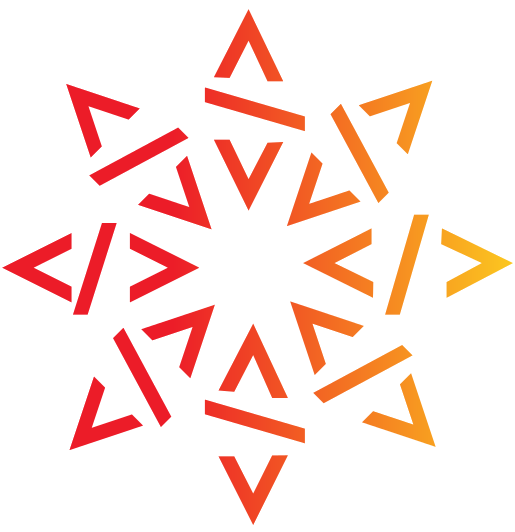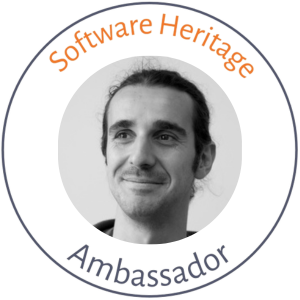An engineer’s path from data loss to software preservation

When a discontinued forge led to the loss of several research software programs, the message was stark: never again. This irreversible digital decay hit Simon Delamare hard, highlighting a critical threat to scientific progress. Broken links, data loss, and loads of anxiety: Delamare and his coworkers experienced the “hard road to reproducibility.” Later, a FOSDEM 2017 talk about Software Heritage clicked for Delamare: he’d found a solution for software sustainability.
What truly cemented his involvement was a major step forward in 2023: the École Normale Supérieure de Lyon’s open science roadmap, which named Software Heritage as a key infrastructure for preserving and sharing source code. His institution officially acknowledged software as a first-class academic output. Delamare knows this kind of cultural shift needs a big outreach push. That’s why our newest ambassador plans to team up with the academic library to reach a wide range of communities beyond computer science. Delamare is eager to promote the use of Software Heritage in the academic community through presentations and practical tutorials, and by documenting case studies illustrating the possibilities offered by the use of this project. He also views depositing software in HAL as a perfect starting point, as many researchers across various fields already use it to share their outputs. HAL offers a crucial way to track software output, a task that’s challenging without appropriate tooling. While policies like the UNESCO recommendations, the DORA declaration, and the French National Plan for Open Science increasingly recognize software source code as a legitimate research output, its unique complexity, layered dependencies, and dynamic nature pose significant challenges for preservation, curation, attribution, and discoverability.
Delamare is a research engineer at the LIP (Laboratoire de l’informatique du parallélisme), a computer science laboratory based at the École Normale Supérieure de Lyon since 2012. He holds a PhD in computer science in distributed systems and networks from Telecom ParisTech. He contributes to the lab’s research in high-performance and distributed computing and artificial intelligence, including the development of related infrastructure. He was also involved in Grid’5000, a large-scale and flexible testbed for experiment-driven research in all areas of computer science, with a focus on parallel and distributed computing, including cloud, high-performance computing (HPC), big data, and artificial intelligence, the precursor of the Scientific Large Scale Infrastructure for Computing/Communication Experimental Studies – France (Slices-FR). In 2021 and 2022, Delemare served as Grid’5000’s technical director. Historically, research in parallel and distributed systems has long focused predominantly on PC clusters. The term “grid” then gained significant traction, leading to Michel Cosnard‘s launch of the ACI Grid initiative in 2001. The vision behind ACI Grid was to create algorithms and software prototypes that would allow the globalization of computing and data resources, making them accessible at regional, national, and even international scales. The first funded projects quickly highlighted a critical need for large-scale experimentation to validate theoretical and technical advancements. In France, the objective was to run experiments across multiple geographically dispersed sites. Yet, the available resources at the time presented an insurmountable hurdle: it was impossible to ensure the control, measurement, and reproducibility crucial to the scientific method and familiar to the parallel and distributed computing community. In 2003, Grid’5000 was conceived to overcome this exact challenge.
Now, Delamare contributes to the development of the Slices-FR platform, which is designed to support large-scale, experimental research focused on networking protocols, radio technologies, services, data collection, parallel and distributed computing, and, in particular, cloud and edge-based computing architectures and services.
Software Heritage Ambassadors are volunteers who offer expert advice in various sectors and languages on how to use our services. Here’s more information on how to book one for a free consultation.
If you’d like to connect with Simon Delamare, please reach out using this link: https://graal.ens-lyon.fr/~sdelamar
We’re also seeking passionate individuals and organizations to volunteer as ambassadors and help grow the Software Heritage community. If you’re interested in becoming an Ambassador, please share a bit about yourself and your connection to the Software Heritage mission.

